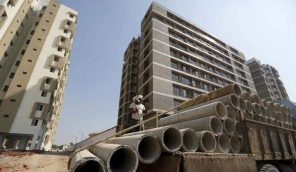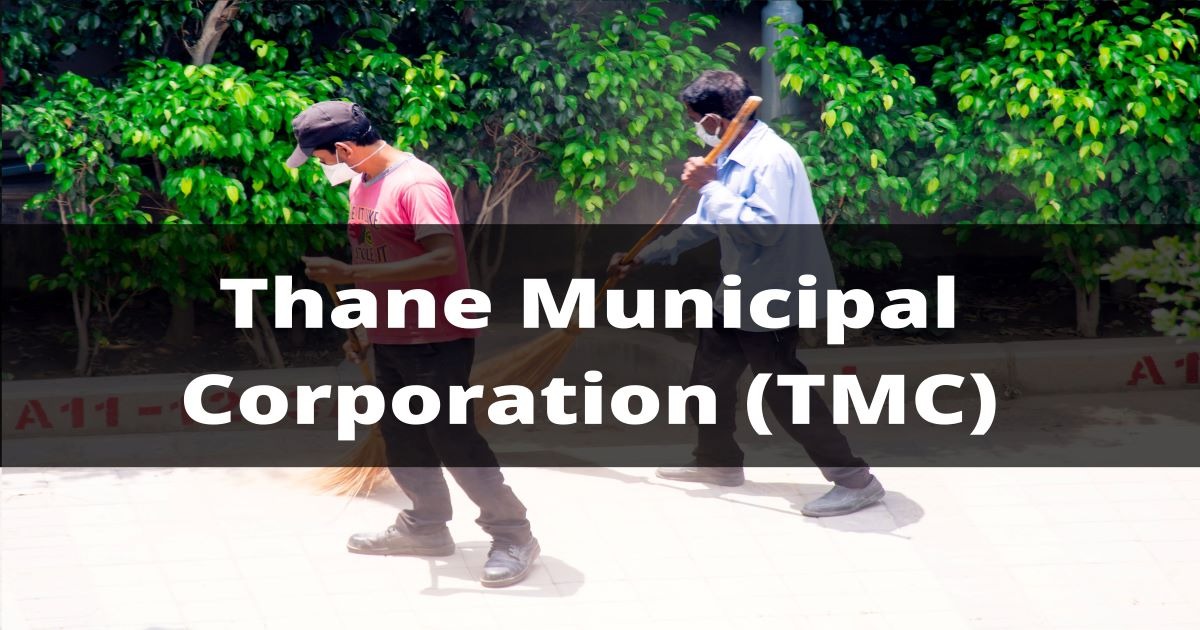The biggest democratic exercise in the world has just been concluded and the results declared. If you’re thinking what this is, it’s a no-brainer really! The Indian Elections of course! The Lok Sabha elections have concluded and the Narendra Modi led National Democratic Alliance (NDA) Government has been re-elected to the corridors of power with a big majority. Industry experts feel that that this may well be a boon for the Indian real estate sector in terms of paving way for future growth.
Why the election results could boost the realty market
Experts feel that the re-election of the Narendra Modi Government with a big majority may lead to further reforms and policies that will impact the residential and commercial real estate sectors positively. Here are some of the key aspects worth noting in this regard:
- The National Democratic Alliance (NDA) won the elections in the year 2014 and introduced the landmark reform of GST (Goods and Services Tax) in its first term along with RERA (Real Estate Regulation and Development Act) along with the pioneering Housing for All by 2022 mission in order to fill up the gap between housing demand and supply throughout India.
- The recent election results have given a thumping majority to the previous Government which has won 303 out of a total of 542 seats throughout India. This has got industry experts and property market players anticipating a sense of continuity overall to spur further reforms in a bid to boost the real estate sector.
- Experts feel that the real estate sector is hopeful of several policy reforms from the new Government that has obtained power once again with a huge majority.
- The second term of the Government will commence with a clear majority which will help the swift implementation of specific provisions contained in these regulations nationally more effectively.
- New regulations covering the real estate market will be implemented successfully minus any opposition brought forward by other political parties in India.
- Industry experts are anticipating a doubling of institutional investments in the Indian realty sector to a whopping $10 billion in the year 2019.
- This will definitely add to the overall stability of the realty sector, something that is already visible in recent months.
What the industry expects
- The realty sector in India should keep witnessing steady growth due to the policy reforms and other initiatives that were successfully implemented in the last 4-5 years.
- RERA and other such reforms should be uniformly implemented as per expectations of industry players. The entire system should be effectively brought into effect throughout all Indian States in a bid to enhance the confidence of homebuyers.
- The new Central Government should look to build an easier system for the swift approval of construction and other permits and approvals.
- The Government should be working to come up with a system for public land releases in a bid to create more opportunities for mid-range and affordable housing projects.
- The sector will be boosted by lower rates of interest along with enhanced liquidity and overall affordability since housing demand will increase accordingly.
- Expectations are also high for a cut in interest rates courtesy the RBI (Reserve Bank of India) which will be a good follow-up to interest rate cuts in the months of February and April 2019.
- The Indian real estate sector is also waiting for several policies and reforms linked to this sector. These include modifying the rates of GST and resolving the IBC (Insolvency and Bankruptcy Code) regulations along with ushering in higher clarity for land titles and deeds.
- Overall, Indian real estate players feel that a sense of continuity and stability prevails, which should definitely give a boost to residential and commercial realty markets alike over the next few years.
Recent growth measures that have positively impacted the sector
- Demonetization coupled with GST have cleaned up the sector and made it more transparent, thereby drawing investors and homebuyers in higher numbers.
- RERA has been a game changer, ushering in higher accountability of developers and increasing overall buyer safety and confidence.
- GST rates have recently been lowered to 1% from 8% on affordable housing which will further boost this segment. The segment has already been given infrastructure status with incentives for developers and interest subsidies for first-time homebuyers under the PMAY (Pradhan Mantri Awas Yojana) as part of the Housing for All by 2022
- The 2019-20 Union Budget has already proposed several incentives for second home buyers, notably the waiver of capital gains taxes on purchase of two homes up to Rs. 2 crore once in a lifetime and also the zero taxation on notional rent assumption for second homes which are self-occupied. Also, the TDS limit on rental income has been raised to Rs. 2.4 lakh from Rs. 1.8 lakh previously. These measures are expected to give a booster dose to the real estate market and encourage second home ownership.
As can be seen, the results of the recently concluded Elections hold promise for the Indian real estate sector which is banking on continuity and stability to drive through several other reforms that will eventually boost the sector in times to come.






































